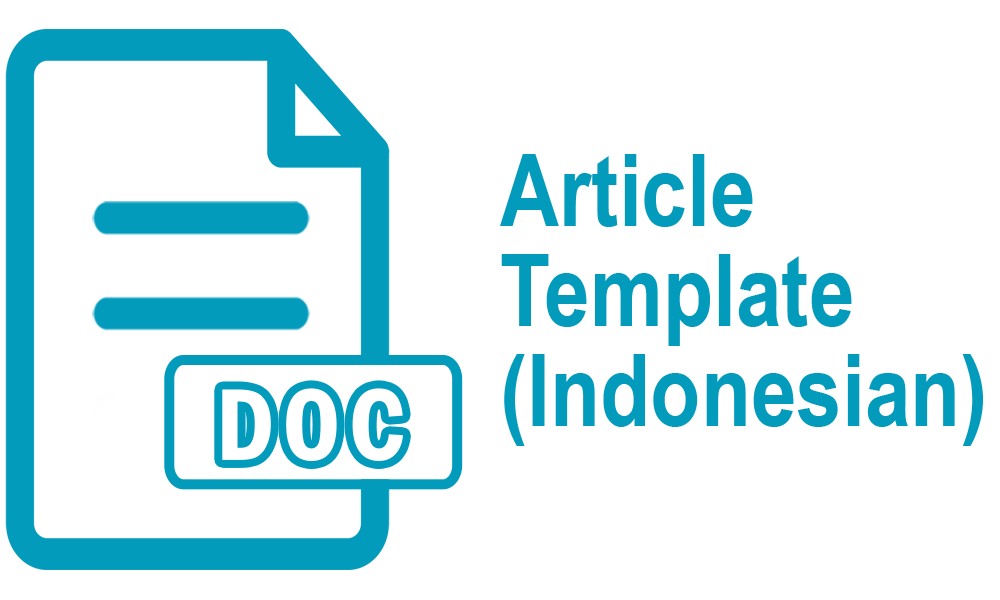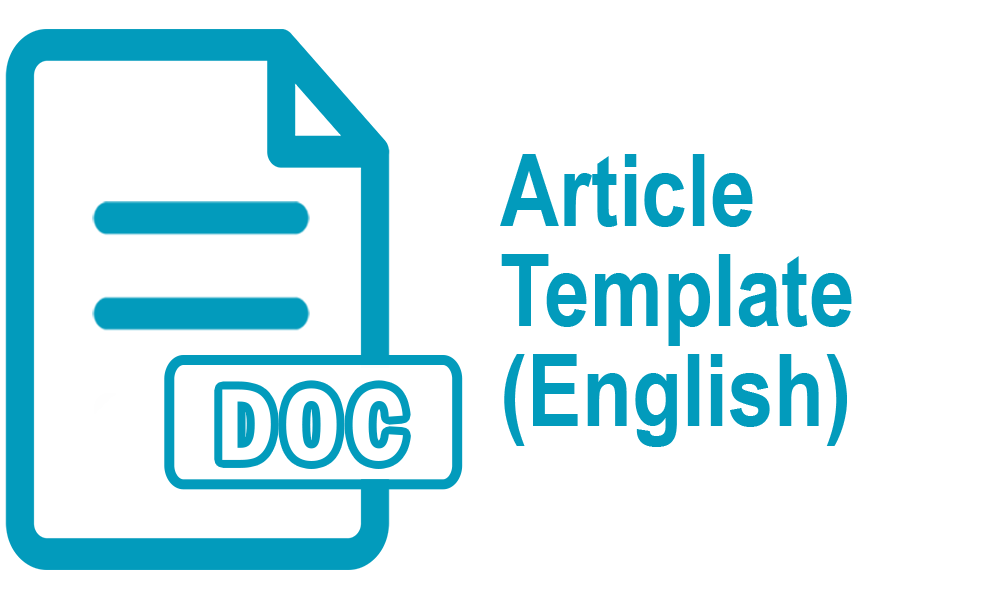Pendidikan Inklusif: Membangun Lingkungan Pembelajaran Yang Mendukung Kesetaraan Dan Kearifan Budaya
Abstract
Dalam era kemajuan pendidikan, tantangan dan peluang terus muncul, dan salah satu paradigma pendidikan yang semakin diperhatikan adalah pendidikan inklusif. Penelitian ini bertujuan untuk menyelami lebih dalam konsep pendidikan inklusif, menggali pentingnya membangun pembelajaran yang mendukung kesetaraan dan mengimplementasikan nilai-nilai kearifan budaya di dalamnya. Metode penelitian ini menggunakan deskriptif kualitatif dengan studi kepustakaan. Pembelajaran inklusif yang menggabungkan kesetaraan dan kearifan budaya melibatkan berbagai strategi, termasuk penggunaan metode pembelajaran, kurikulum yang responsif terhadap budaya, partisipasi orang tua, dan penilaian yang beragam. Dengan menyatukan semua aspek, guru dapat menciptakan lingkungan pembelajaran yang mendukung kesetaraan, menghargai keberagaman budaya, dan memungkinkan setiap peserta didik untuk mencapai potensinya secara optimal.
Full Text:
PDFReferences
Ahmadi, Anas. 2011. Pembelajaran Sastra Lisan Jawa Di Sekolah: Upaya Penguatan Pendidikan Karakter Dan Humanisme. Malang: Universitas Negeri Malang.
Ainscow, M. (2005). Developing Inclusive Education Systems: The Role of Organisational Cultures and Leadership. International Journal of Inclusive Education, 9(4), 331-346.
Ainscow, M. (2015). Promoting Inclusion and Equity in Education: Lessons from International Experiences. International Journal of Inclusive Education, 19(3), 291-305.
Artiles, A. J., Kozleski, E. B., Dorn, S., & Christensen, C. (2017). Learning in Inclusive Education Research: Revisiting and Reframing Inclusive Practices for Students with Learning Disabilities. Learning Disabilities Research & Practice, 32(1), 6–24.
Astuti, I., dkk. (2011). Kepemimpinan Pembelajaran Sekolah Inklusi. Malang: Bayumedia.
Banks, J. A. (2004). Teaching for Diversity and Social Justice. Routledge.
Bartolomé, L. I. (2005). Culturally Relevant Pedagogy: Ingredients for Critical Teacher Reflection. Theory Into Practice, 44(3), 173–179.
Biantoro, A., & Setiawan, B. (2021). Pendidikan Inklusif: Sebuah Pendekatan Integratif. Jurnal Pendidikan Luar Biasa, 11(1), 89-98.
Black, P., & Wiliam, D. (1998). Inside the Black Box: Raising Standards Through Classroom Assessment. Phi Delta Kappan, 80(2), 139-148.
Budiyanto. (2017). Pengantar Pendidikan Inklusif Berbasis Budaya Lokal. Tahta Media: Indonesian Social Science Journal, 32. https://tahtamedia.co.id/index.php/issj/article/download/326/330/1246
Delpit, L. (1995). Other People's Children: Cultural Conflict in the Classroom. The New Press.
Depdiknas. (2006). Kurikulum Tingkat Satuan Pendidikan (KTSP).
Direktorat Pendidikan Luar Biasa. (2007). Pedoman Pelaksanaan Pendidikan Inklusif bagi Anak Berkebutuhan Khusus. Jakarta: Departemen Pendidikan Nasional.
Direktorat Pendidikan Luar Biasa. (2007). Pedoman Umum Penyelenggaraan Pendidikan Inklusif. Jakarta: Direktorat Pendidikan Luar Biasa, Direktorat Jenderal Manajemen Pendidikan Dasar dan Menengah, Kementerian Pendidikan Nasional.
Direktorat Sekolah Dasar. (n.d.). Penuhi Hak Pendidikan Anak Melalui Pendidikan Inklusif. https://ditpsd.kemdikbud.go.id/artikel/detail/penuhi-hak-pendidikan-anak-melalui-pendidikan-inklusif
Forlin, C. (2012). Measuring Inclusive Education. International Journal of Inclusive Education, 16(5-6), 501-511.
Forlin, C., Chambers, D., & Loreman, T. (2013). Reforming education to include all learners. Routledge.
Friend, M., & Bursuck, W. D. (2012). Including Students with Special Needs: A Practical Guide for Classroom Teachers (6th ed.). Pearson.
Gay, G. (2002). Preparing for Culturally Responsive Teaching. Journal of Teacher Education, 53(2), 106–116.
Gay, G. (2018). Culturally Responsive Teaching: Theory, Research, and Practice. Teachers College Press.
Gonzalez, N. (2018). Teachers as Cultural Workers: Letters to Those Who Dare Teach. Routledge.
Gonzalez, R. D. (2018). Teachers as Cultural Workers: Letters to Those Who Dare Teach. Routledge.
Harry, B., & Klingner, J. (2007). Why Are So Many Minority
Harry, B., & Klingner, J. (2007). Why Are So Many Minority Students in Special Education?: Understanding Race and Disability in Schools. Teachers College Press.
Hasan, M. (2021). Membangun Pendidikan Inklusif: Pendidikan Kontekstual Masyarakat Adat di Indonesia. https://www.researchgate.net/publication/357467885_MEMBANGUN_PENDIDIKAN_INKLUSIF_PENDIDIKAN_KONTEKSTUAL_MASYARAKAT_ADAT_DI_INDONESIA
Johnson, D. W., & Johnson, R. T. (2019). Cooperative Learning in 21st Century Classrooms. SAGE Publications.
Kemendikbud. (2014). Program Pendidikan Inklusif. Direktorat Jenderal Pendidikan Anak Usia Dini, Pendidikan Dasar, dan Pendidikan Menengah.
Konza, D., Cullen, J., & Hampson, J. (2016). Preparing Pre-service Teachers to Work in Inclusive Classrooms: A Systematic Review. International Journal of Inclusive Education, 20(12), 1219–1239.
Ladson-Billings, G. (1995). Toward a Theory of Culturally Relevant Pedagogy. American Educational Research Journal, 32(3), 465-491.
Mansur, Hamsi. (2019). Pendidikan Inklusif Mewujudkan Pendidikan untuk Semua. Yogyakarta: Parama Publishing.
Mansur, M. (2019). Kearifan Budaya Lokal sebagai Fondasi Pendidikan Inklusif di Indonesia. Jurnal Pendidikan Khas, 9(1), 33-46.
Martinez, M. A. (2016). Cultural Wisdom in Education: Releasing the Energy of Cultural Intelligence in Today’s Classrooms. Rowman & Littlefield.
Martinez, R. (2016). Cultural Wisdom in Education: Releasing the Energy of Cultural Intelligence in Today’s Classrooms. Rowman & Littlefield.
Mastropieri, M. A., & Scruggs, T. E. (2010). The Inclusive Classroom: Strategies for Effective Differentiated Instruction (4th ed.). Pearson.
McCall, L. M., Friehe, M. J., Goodwin, M., & Springer, C. (2014). Holistic Assessment in Inclusive Classrooms. Assessment for Effective Intervention, 39(1), 44–57.
Molefe, T. (2014). Education and Equality: The South African Dilemma. In Equality, Inequalities and Education (pp. 47-61). Springer.
Nadjib, E. A. (Pak EMHA). (2007). Pendidikan di Indonesia. LP3ES.
Nadratanna’im, Syahzanan. (2023). Peran guru Pendamping Khusus Terhadap Anak Berkebutuhan Khusus di SD Muhammadiyah 5 Jakarta. Jakarta: UIN Jakarta Press.
Oliver, M. (2013). The Social Model in Context. In The Oxford Handbook of Sociology and Disability Studies (pp. 325-338). Oxford University Press.
Repo Dosen ULM. (n.d.). Pendidikan Inklusif. https://repo-dosen.ulm.ac.id/bitstream/handle/123456789/18921/Pendidikan%20Inklusif.pdf?sequence=5
Rose, D. H., & Meyer, A. (2002). Teaching Every Student in the Digital Age: Universal Design for Learning. ASCD.
Salend, S. J. (2016). Creating Inclusive Classrooms: Effective and Reflective Practices for All Students. Pearson.
Sapon, S., & Shevin, M. (2007). Rethinking Special Education for a New Century. Harvard Education Press.
Sapon-Shevin, Mara. (2007). Widening the Circle the Power of Inclusive Classrooms. Bacon Press: Boston.
Scruggs, T. E., Mastropieri, M. A., & McDuffie, K. A. (2007). Co-Teaching in Inclusive Classrooms: A Metasynthesis of Qualitative Research. Exceptional Children, 73(4), 392-416.
Siperstein, G. N., Parker, R. C., Bardon, J. N., & Widaman, K. F. (2007). A National Study of Youth Attitudes Toward the Inclusion of Students with Intellectual Disabilities. Exceptional Children, 74(3), 365–383.
Slavin, R. E. (1991). Synthesis of Research on Cooperative Learning. Educational Leadership, 48(5), 71-82.
Sondari, dkk. (2018). Penerapan Pendidikan Inklusif pada Program Kesetaraan di PKBM Srikandi.
Soodak, L. C., & Podell, D. M. (1996). Teacher Efficacy and Student Problem as Factors in Special Education Referral. Exceptional Children, 63(3), 245-258.
Supriyatno, A. (2013). Keberagaman di Sekolah. Literasi Nusantara.
Tomlinson, C. A. (2001). How to Differentiate Instruction in Mixed-Ability Classrooms. ASCD.
UNESCO and Ministry of Education and Science Spain. (1994). The Salamanca Statement and Framework for Action On Special Needs Education. Adopted by the World Conference On Special Needs Education: Access and Quality.
UNESCO. (2004). "Inclusive Education: The Way of the Future." https://unesdoc.unesco.org/ark:/48223/pf0000136783
UNESCO. (2008). Inclusive Education: The Way of the Future. UNESCO.
UNESCO. (2009). Policy Guidelines on Inclusion in Education. UNESCO Publishing.
Universitas Negeri Makassar. (n.d.). Pendidikan Inklusif: Konsep, Implementasi, dan Tujuan. http://eprints.unm.ac.id/34935/1/40.%20book%20chapter%20pendidikan%20inklusi.pdf
UU No. 20 Tahun 2003 tentang Sistem Pendidikan Nasional.
DOI: http://dx.doi.org/10.30872/jbssb.v8i1.14072
Refbacks
Copyright (c) 2024 Umi Nadhiroh
Editorial address:
Fakultas Ilmu Budaya, Universitas Mulawarman
Jl. Ki Hajar Dewantara, Gunung Kelua, Kec. Samarinda Ulu, Kota Samarinda, Kalimantan Timur, Indonesia 75123
Email: jurnalilmubudaya.fibunmul@gmail.com
Website: http://e-journals.unmul.ac.id/index.php/JBSSB
Ilmu Budaya: Jurnal Bahasa, Sastra, Seni, dan Budaya is licensed under a Creative Commons Attribution-ShareAlike 4.0 International License






